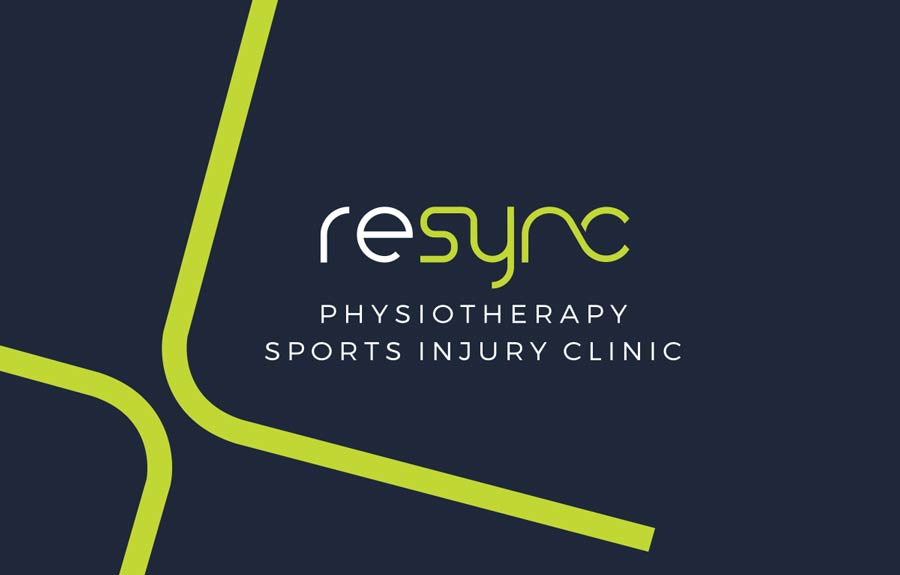1.) Give it a Chance to Rest
First of all with our busy lives in the modern world it’s hard to get some down time. Everyday it’s get up, get dressed, make your breakfast, go to work, come home, play with your kids, go to the gym or training with a sports team. When we have back pain, a lot of these activities can be limited. But ask yourself this;
What are you doing to help your back get better?
People say ‘Oh it will improve on its own’ and this may happen, but if it hasn’t improved then YOU need to take action!
The main thing you can do is try to avoid the things that are causing you pain for a couple of days. Quite often it is sustained positions that prevent your back from getting better. For example, If you sit at work, try to stand up every 40 minutes and get a glass of water, or have a walk around the office. If you have a manual job, try to bend your knees to lift things rather than bending forward. This will allow you to work but also provide minimal irritation
2.) Self massage/release
This is a great way to try and loosen up tight muscles both in your lower back and your hip. Something as simple as a hard tennis ball/cricket ball/hockey ball will do. Those muscles have tightened up due to your brain telling the muscles that the back needs to be protected. Releasing those muscles by completing gentle movements such as a squat when holding onto a table, or when in a seated position, reaching for your toes can be very beneficial. Furthermore, this will help teach your brain that it doesn’t need to tighten up those muscles which will ease your back pain.
3.) Stretch
In addition to the above, stretching is a great way to try and release some muscle tension and help you relieve your back pain. Key areas to target are your calves, glutes hamstring, quads and hip-flexors. Gentle stretches stimulate your nervous system and may help it relax. Most noteworthy, stretches should be tight but not painfuland remember to breath when stretching. Hold for 20 seconds and relax into the stretch.
4.) Holding your breath
Similarly, holding your breath is a big no no when it comes to back pain. Think of your hand and wrist. When your hand is relaxed is moves very easily and can flop around with little tension. But, when you make a fist it’s harder move that wrist. Likewise, if you hold your breath, you are tensing your abdominal and core muscles. This is a term we call co-contracting and causes you to become more rigid, and can increase your pain when you move. Try taking a deep breath in, and breath out as you move.
A great example is standing up from a chair or turning over when in bed. Try breath out slowly as you move, a long slow breath helps your muscle relax and reduces pain. Deep breathing has long been shown to have a relaxing effect on the body and is used in many different areas such as Mindfulness, Pilates and Tai-Chi, to help your muscle tension reduce.
Try this to help relax…
Sit or lie in a comfortable position and place the tip of your tongue just behind your upper teeth.
-
- Exhale completely through your mouth, making a gentle “whoosh” sound.
- Close your mouth and inhale quietly through your nose to a count of 4.
- Then, hold your breath for a count of 7.
- Finally, exhale completely through your mouth (“whoosh”) to a silent count of 8.
- Inhale and repeat the cycle 3 more times.
5.) SLEEP
Finally, sleep is the most important item on the list. Why? Because this is the time that you body needs to heal all those aches and pains and replenish it’s system for the next day. Lack of sleep is linked to chronic pain. Now you might say that “well you can’t sleep because you’re in pain” this is true, but there are ways to help you get a better sleep.
If you need to take pain relief, do this an hour before bed, that way it will be at its peak in your system by then.
Do not drink coffee or take any stimulants after 5 pm.
Coffee effects will be in your system up to 6 hours after ingestion so try keep these at a minimum. Also coffee excites your nervous system (which we are trying to get to relax) and reduce down the protective mechanisms it is having on the muscles. So drinking coffee would be counter productive. Try a herbal tea instead. Use some pillows under the backs of your knees or in between knees to get a more comfortable position in bed and help you rest easier.
Try to go to bed a hour earlier the days your pain is most irritable.
More sleep means more recovery
If you’re still not getting better the consult your doctor or physiotherapy for a consult.
Check out our page on Physiotherapy and Low Back pain



